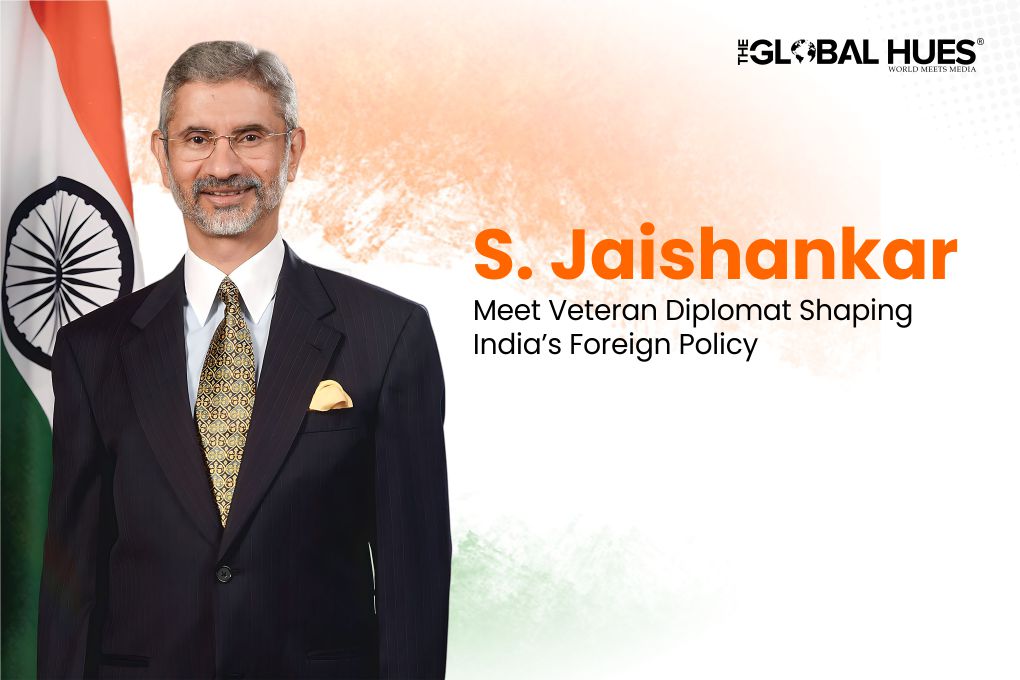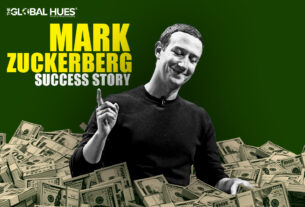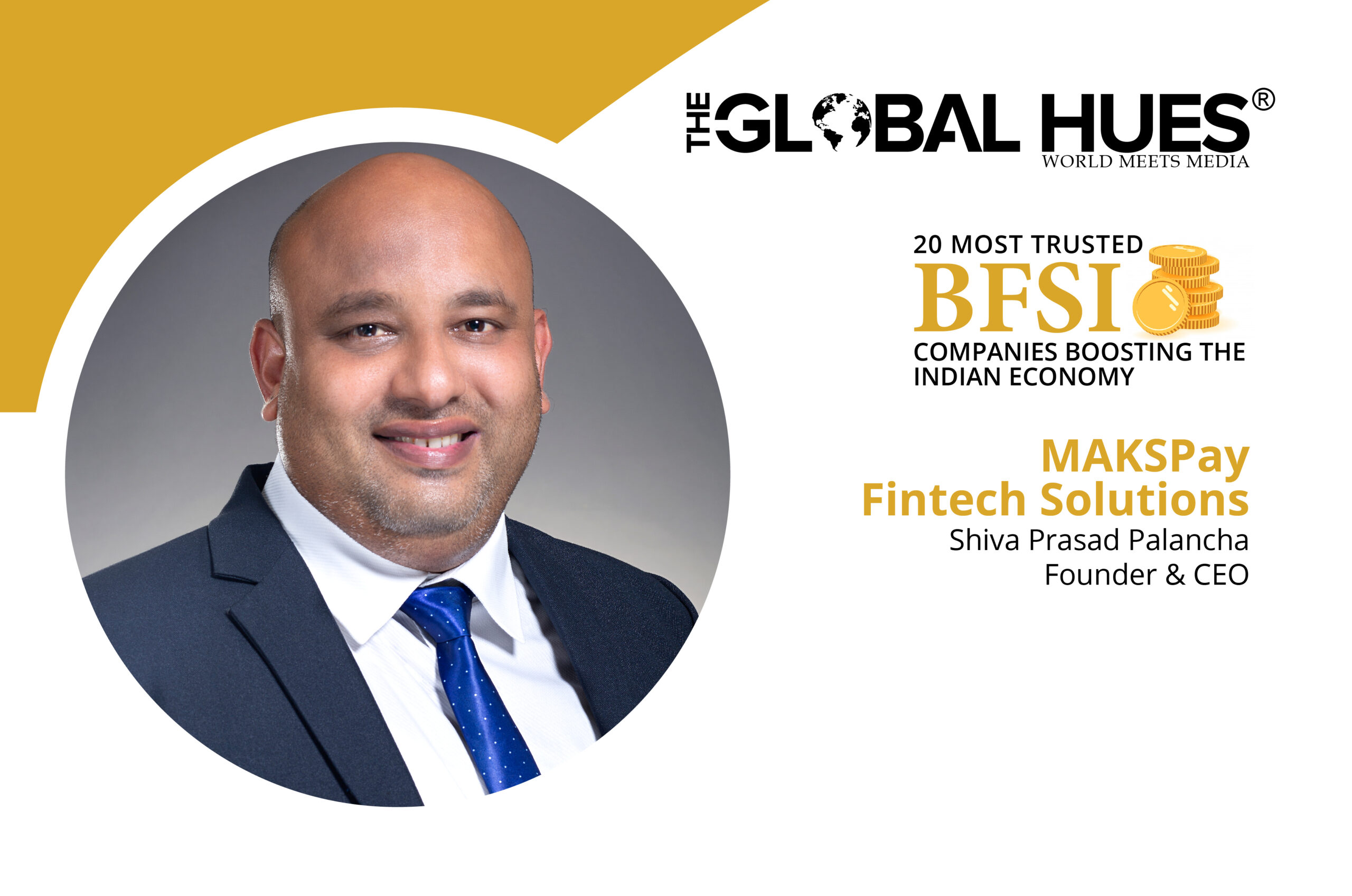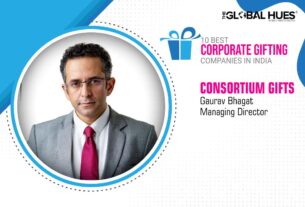Posts in the cabinet are highly coveted and always tend to be held by party loyalists. Rarely does a bureaucrat pull it off. But Subrahmanyam Jaishankar’s profile is in a class by itself.
When a 64-year-old retired bureaucrat made entry into PM Narendra Modi’s cabinet, it left everyone stunned. On May 30, 2019, he took oath as the External Affairs Minister of India and led off to establish India as a global power around the globe.
He walked into the Ministry of External Affairs when international relations had been turned upside down by US President Donald Trump and China’s Xi Jinping. People who go around with how PM Modi works, understood his move. Jaishankar’s diplomatic wisdom was worth betting on!
The right Man for India’s External Affairs Ministry
Subrahmanyam Jaishankar is a high-profile, quick-witted diplomat with an excellent understanding of the complexities at hand. His ingrained patience for handling tough negotiations and straightforwardness speak volumes. A diplomat like him is one in a million.
He is the second Foreign Secretary in Indian history to become the Minister of External Affairs, after Natwar Singh. But what made Modi choose a career diplomat over a politician? To understand this better, let’s take a tour of his past achievements.
| 1977 | Indian Foreign Service Officer |
| 1979 to 1981 | Third Secretary and Second Secretary in the Indian mission to the Soviet Union in Moscow |
| 1985 | First Secretary at the Indian embassy in Washington, D.C. |
| 1988 to 1990 | Served in Sri Lanka as First Secretary and Political Advisor to the Indian Peacekeeping Force (IPKF) |
| 1990 to 1993 | Counsellor at the Indian mission in Budapest |
| 1991 | Director (East Europe) in the Ministry of External Affairs |
| 1996 to 2000 | Deputy Chief of Mission at the Indian Embassy in Tokyo |
| 2000 | India’s Ambassador to the Czech Republic |
| 2004 to 2007 | Joint Secretary (Americas) at the Ministry of External Affairs in New Delhi |
| 2007 to 2009 | India’s High Commissioner to Singapore |
| 2009 to 2013 | Became India’s longest-serving ambassador to China with a four-and-a-half-year term |
| 2013 | India’s Ambassador to the United States in September 2013 |
| 2015 | Foreign Secretary of India |
Jaishankar entered the world of diplomacy in 1977 as Indian Foreign Service Officer and took the plunge to represent India’s interests and foster friendly relations with countries around the globe. 1977 was the year when Indira Gandhi misjudged the mood of the nation, called off the emergency and ordered new elections. At that time, rebuilding the credibility of India seemed like an arduous task but he left no stone unturned to portray a positive image of India in global affairs.
He is also the architect of the ambitious Indo-US nuclear deal. His relations with the US go back to the 1980s when he served as Under Secretary (Americas) and Policy Planning in the Ministry of External Affairs headquarters between 1981 and 1985. From 1985 to 1988, he served as the First Secretary at the Indian embassy in Washington, D.C. He also got the opportunity to serve as the Joint Secretary (Americas) at the Ministry of External Affairs in New Delhi from 2004 to 2007.
He went to Sri Lanka as the Political Advisor to the Indian Peacekeeping Force (IPKF) in 1988. Unfortunately, the IPKF (the Indian military contingent performing a peacekeeping operation) mission went horribly wrong. It resulted in severe damage to India’s credibility. Sri Lanka’s failure left a deep impact on his psyche. In the coming years, he used this experience to ensure that there must be coordination between the Indian government and their diplomats.
While he was serving as the Deputy Chief of Mission at the Embassy in Tokyo (from 1996 to 2000), India conducted Pokhran-II nuclear tests. This incident affected the relations between both countries but Jaishankar used his diplomatic intelligence to revive the relationship and achieve tranquillity.
For 4.5 years (2009 to 2013), Jaishankar served as India’s ambassador to China. He actively pushed economic trade, cultural relations and border peace with China. The countries witnessed a major standoff (stretching to several weeks) when Chinese troops pitched tents at Depsang Valley in Ladakh. The ambassador reportedly delivered a clear message that if Chinese troops did not vacate, it would impact the ties between the countries. Later, political interventions solved the issues. Premiers of both countries visited each other. To improve the relations, during Jaishankar’s stint, India and China signed the Border Defence Cooperation Agreement (BDCA).
When PM Modi Met S Jaishankar
Jaishankar drew PM Modi’s attention for the first time when he visited China in 2012 as Gujarat’s CM. The meetings with renowned Chinese personalities which Jaishankar fixed for him left PM Modi amazed.
After Jaishankar finished his term as India’s Ambassador to the US, PM Modi appointed him as the Foreign Secretary of India in January 2015, just two days before he was due to retire in 2015. When the tenure was about to expire, he observed an extension in his services for one more year. During his cooling period, he served as the head of global corporate affairs of Tata Sons group.
When BJP came into power again in 2019, Narendra Modi appointed him as the Minister of External Affairs.
BIGGEST AMBASSADOR OF PM MODI’S FOREIGN POLICY
Diplomacy plays a pivotal role in developing India. With his three decades of diplomatic experience, S Jaishankar is roaring all across the globe to position India as a superpower. After he took charge of the country’s External Affairs ministry, India has managed to chalk up elevated growth in recent years.
-
Relationship of Great Potential With the United States
India’s EAM has always emphasised that India and US relations are one of the significant ties in the world today.
In an address at the Indian Ideas summit in 2021, organised by the US-India Business Council (USIBC), Jaishankar expressed the importance of the five Ts- Technology, Trade, Talent, Trusteeship and Tradition in the India-US relationship.
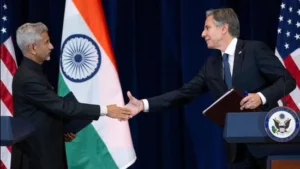
In a meeting held between S. Jaishankar and US Secretary of State Antony Blinken in April 2022, the ministers underlined the significance of strengthening the economic partnership. They also exchanged dialogues on specific trade concerns, bilateral trade expansion, removal of market access barriers, and improvement in ease of doing business. Ministers also appreciated the rebound in bilateral trade between India and US over the last year. After concluding his four-day official trip to the American capital, Jaishankar highlighted that India-US ties are in good shape. He said, “If you look at the India-US relationship, it’s not a narrow relationship only devoted to each other’s gains. Our relationship today impacts the rest of the world, definitely does the Indo-Pacific”. He added, “If you look, our trades been doing well, our political exchanges have been very solid.”
In another meeting held in March 2023, the ministers spoke about shared efforts to elevate and expand strategic technology and defence industrial cooperation, promote food, energy and global health security, counternarcotics cooperation, clean energy transition, and women’s economic empowerment.
Also Read: Budget 2023 Explained: Big Relief For Taxpayers
-
Longstanding Relations With Russia
Following the dissolution of the Soviet Union, India and Russia have shared cordial relations. However, the relations have taken a serious setback because of its close relations with China. Moreover, some serious challenges to India’s relations with Russia have emerged due to the Russia-Ukraine war.
The Russia-Ukraine War confronted India with difficult strategic choices. The veteran diplomat moved mountains to defend the ‘India way’. Since the war started, India has emphasised the need for diplomacy and dialogue.
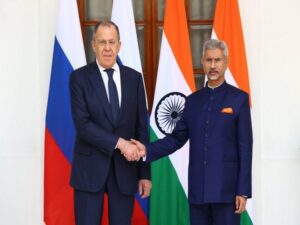
In November 2022, Jaishankar said that the West ‘must live with India’s stance’ on Ukraine. He also mentioned that India is in favour of peace regarding the Russia-Ukraine war. He made this statement in the context of serious criticism that the nation faced by the West over the purchase of discounted crude oil from Russia and not condemning Moscow’s actions in Ukraine.
Meanwhile, India and Russia plan to push bilateral trade of $50 Billion. The target was earlier fixed at $30 billion but the figures shot in 2022 due to India’s oil imports from Russia.
-
Singapore: A Leading Contributor to India’s FDI
While serving as India’s High Commissioner to Singapore from 2007 to 2009, Jaishankar explored enormous economic opportunities for India. He enhanced the Comprehensive Economic Cooperation Agreement, a free trade agreement between Singapore and India for strengthening bilateral trade.
In July 2022, S Jaishankar met Singapore’s Deputy Prime Minister Lawrence Wong to boost the bilateral relationship. Today, Singapore is one of the leading contributors ($15.9 billion) to India’s foreign fund inflows.
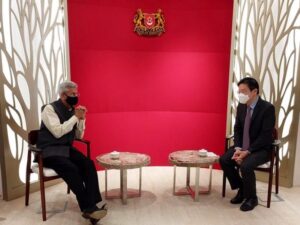
Singapore’s Foreign Minister, Vivian Balakrishnan, has recently praised India for its digital identity and payment systems. He said, “India has certain strengths – FinTech, digital finance, digital inclusion, and what they have done with digital identity and payment systems, is a clear opportunity for us.”
-
FTA with European Union
India and the European Union are important trade and economic partners. In 2022, both resumed negotiations on a free trade agreement to strengthen their strategic partnership, despite witnessing many hurdles from both sides.
While addressing an event at the Confederation of Indian Industry (CII), the EAM said that Europe and India can strengthen each other’s strategic autonomy by reducing dependencies, cooperating on critical technologies and ensuring supply-chain restructuring. According to the minister, the agreement will be a game-changer for the India-EU relationship.
-
Challenging Relations With China
Currently, India-China relations are at an all-time low because of the standoff in the Ladakh sector of the Line of Actual Control (LAC). Despite engaging in rounds of diplomatic and military talks, the relations between the countries are sour.
S Jaishankar has been continuously emphasising improving the ties between the countries. He said, “Much of the future of Asia depends on how relations between India and China develop in the foreseeable future. For ties to return to a positive trajectory and remain sustainable, they must be based on the three mutuals: mutual sensitivity, mutual respect and mutual interest.”
In India Today Conclave 2023, he also said, “China situation is very fragile and the situation is very challenging. You cannot violate agreements and pretend that everything is normal.”
India’s Presidency of G20
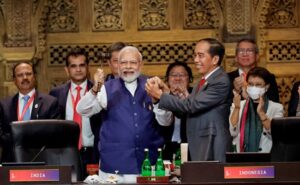
G20 Presidency is a perfect opportunity for India to showcase its development and diversity. However, a bundle of challenges lie ahead for India as the country has assumed the presidency when the world confronts global problems.
The Russia-Ukraine conflict makes it challenging for India to get G20 countries to agree on a common framework. Bringing Russia and other countries together and finding a solution to the war is the biggest challenge for the nation.
Jaishankar’s main endeavour is to bring back focus on the original G20 mandate which is global growth and development.
The World Is Getting India Ready
While addressing the general public at an event on Indian Foreign Policy held in October 2022, S Jaishankar urged young people to understand the roles of a Foreign Minister and how foreign policy affects everyone today.
“Today, all the walls we created regarding the world stand broken. Anything that happens anywhere in the world, its effects are felt everywhere. The war in Ukraine and the Covid pandemic show what impact the world has on us. It has taught us not to be dependent on any particular country. We have to enhance the global workplace and global marketplace,” the minister said.
While speaking on the development the nation has made in the manufacturing sector, he highlighted that during the last 20-30 years, when manufacturing was growing rapidly in other countries, India lagged behind but today, even iPhones are made in India.
India’s aspiration to become a developed nation by 2047 relies heavily on the growth of the manufacturing sector. The country is cutting down its import dependence and focusing on domestic manufacturing. Moreover, as per India Brand Equity Foundation, in FY 2021-22, the value of India’s merchandise exports touched US$ 417 billion, while services exports rose to US$ 250 billion. The export can cross US$ 750 billion in the current financial year. India has a lot going in its favour to emerge as a global manufacturing hub. This could be the golden age of manufacturing for the nation in the coming years.
Jaishankar’s self-assuring words, “While we are making India future-ready, the world is also becoming India-ready” reflect the global position that India has achieved in the recent past. At present, India is the fifth-largest economy with an estimated GDP of more than 3.4 trillion dollars and is set to become the third-largest economy in the world by the end of this decade.
A lot needs to be done. India has a long way to go. And we all know Subrahmanyam Jaishankar is a man of his word!

